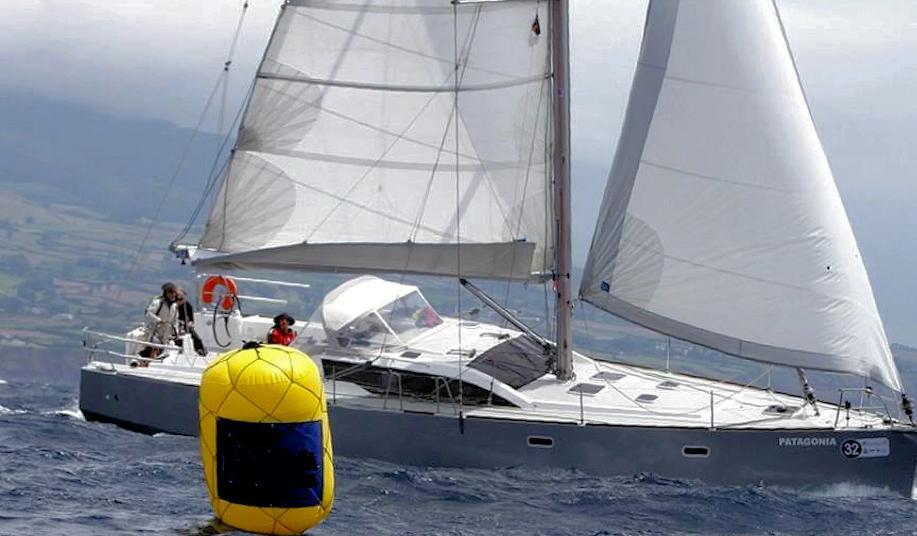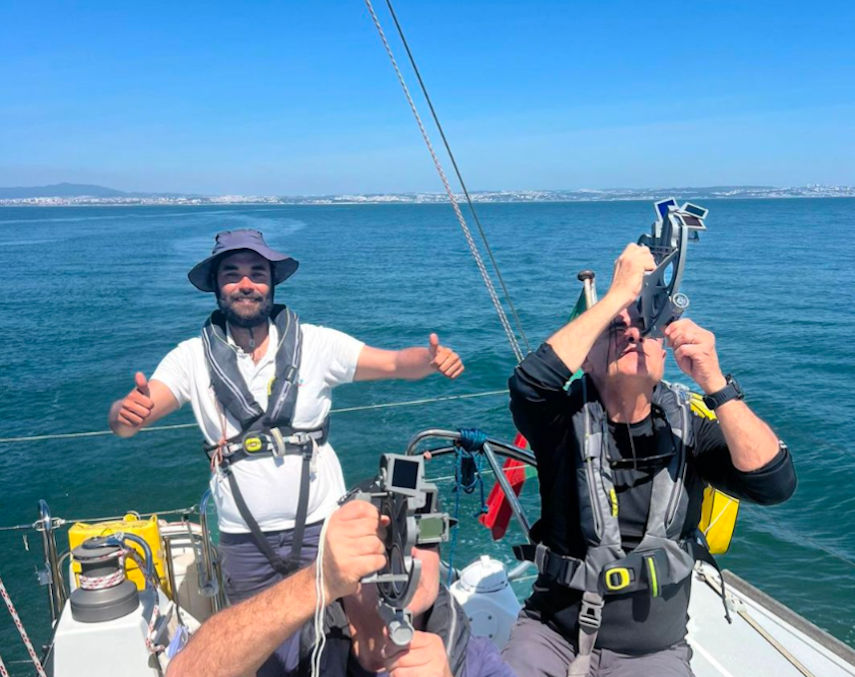Course Programme
General review of the Coastal Skipper course program, emphasizing safety, navigation, and communications.
Time: Earth's rotation and apparent diurnal motion; conversion between arc and time; mean solar time and legal time; time zones and chronometers.
Introduction to celestial navigation: stars, planets, and the solar system; celestial sphere and coordinates; position triangle.
Nautical almanac: description and usage.
Observed and true altitude; correction of observed altitude for the Sun, stars, planets, and Moon.
Sextant: observing celestial bodies to determine altitudes; day and night observations; meridian altitude observation norms; error correction.
Noon position (Sun meridian altitude).
Latitude by the North Star.
Lines of position; transferring and determining points; plotting and error analysis.
Use of tables, calculators, and dedicated software in celestial navigation.
Position by extra-meridian Sun observations.
Planning twilight observations.
Position by stars, planets, and Moon.
Compass deviation check at sunrise and sunset.
Orthodromic, loxodromic, and mixed routes.
GPS navigation; radar operation, ARPA system; kinematics concepts; components of motion and graphic representation; absolute and relative motion; velocity triangle; maneuvering diagram; navigation by log.
Electronic charts.
Radio communications: content according to Class A Radiotelephone Operator certificate exam.
First aid.
Safety: fire fighting and damage control; life-saving equipment; man overboard procedures; emergency response; abandoning ship and survival; International Code of Signals; Collision Regulations; life-saving at sea; environmental protection.
Meteorology: atmosphere; temperature; atmospheric pressure and barometers; clouds; visibility; fog; precipitation; wind; wind systems; air masses; fronts; storms and anticyclones; tropical and extratropical cyclones; meteorological bulletins and forecasts.
Oceanography: sea water; ocean currents; Portuguese coastal currents; waves; floating ice; monthly routing charts; weatherfax and NAVTEX.
Publications; voyage planning.
Price
- VAT included
- 76 theoretical hours and 24 practical hours
- Includes access to online platform
- Exam fee not included
Requirements
Mandatory to have knowledge equivalent to Coastal Skipper and be at least 18 years old.
Check our combined courses Local Skipper + Sailor + High Seas Skipper for a complete training package.
Documentation:
Registration form;
1 recent passport-type photograph (digital);
If not Portuguese, residence certificate;
Copy of Coastal Skipper Certificate;
Medical certificate for nautical sports practice.
To register, we only need the registration form and photograph. The remaining documents must be submitted one week before the exam.
Duration
Total duration of 100 hours (76 theoretical and 24 practical) over 3 months.
Theoretical classes – Weekdays, post-work schedule 19:30–22:30 and one full Saturday every 15 days, 09:30–17:00
Practical classes – Saturdays or Sundays, morning or afternoon, starting at 09:00
Exam: Saturdays or Sundays at 09:00
Boats
Practical classes include 2 days on a cruising sailboat (1 overnight).
We also organize a practical fire-fighting session at a fire park with a specialist instructor and a pool session for lifeboat training.
We are the only school in Lisbon with a true "Blue Water Cruiser", a fantastic RM1350, fully equipped for training.

Locations
Oeiras Marina provides quick access to a high-quality water area. It has modern infrastructures to support nautical sports, including restaurants, shops, changing rooms, security, and parking.
Nearby there are several beaches, an ocean pool, and a seaside promenade. Its location at the entrance of the Tagus River allows open-sea navigation with clear waters or sailing in the more sheltered waters of the Tagus.
Theoretical classes take place in a DGRM-approved classroom at Oeiras Marina. Practical classes also start from Oeiras Marina, on properly certified vessels.






